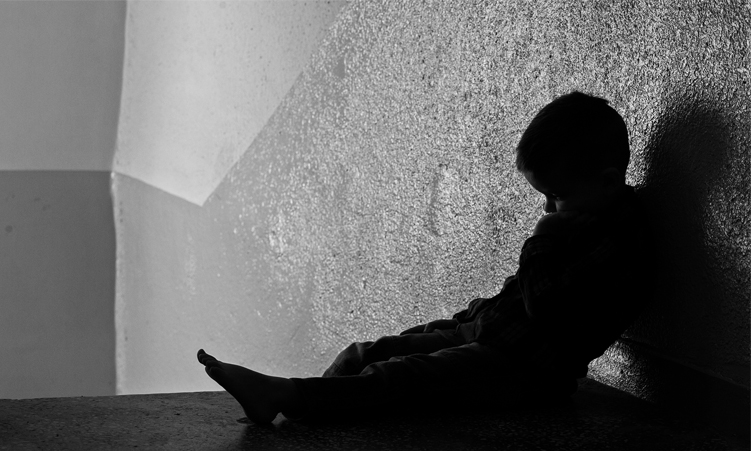Namibia continues to grapple with deeply disturbing cases involving the killing and abuse of children.
This past weekend alone, the police reported 10 cases involving child neglect, abuse and murder countrywide.
These included the case of a two-year-old boy who was allegedly attacked by his 28-year-old father, who banged the child’s head against a concrete pole at Otavi. The little boy died from his injuries.
In early August, the lifeless body of a two-year-old girl was discovered in a half-full bucket of oshikundu in the Omuthiya constituency
This week a disturbing video circulated on social media showing a five-year-old girl with visible burn wounds.
Cases involving the sexual abuse of children persist and continue unabated.
It is a stark reminder that we are failing to protect the most vulnerable among us – those to whom we owe a special responsibility and duty of care.
Statistics can give us an idea of the extent of the situation but don’t tell the whole story. Far from it. Young lives are being snuffed out. Others are callously having their childhood snatched from them.
Places that should be regarded as sanctuaries of safety – homes, schools and church institutions, among others – are often places where those who abuse or harm children feel safe rather than the other way round.
The United Nations organisation Together for Girls reports that in Namibia, 41% of boys and 33% of girls experience physical, sexual, or emotional violence before they turn 18.
Childhood abuse has a lasting emotional and psychological impact that can later result in serious mental health problems. In some cases, it can drive those affected to substance abuse, dissociative identity disorder and post-traumatic stress disorder.
The Violence Against Children and Youth Survey (VACS) in 2019 reported that among 18- to 24-year-olds, 39,6% of women and 45% of men experienced physical, sexual and/or emotional violence in childhood.
First instances of sexual violence for girls and women occur most often in schools, universities, or colleges, according to the report. For boys and men, it is most common at home.
Sadly, victims of sexual violence often don’t speak to anyone about their experiences. Male victims are even less likely to receive help than female victims.
The persistence of child abuse and violence highlights the need for comprehensive and collaborative action involving government agencies, communities and civil society organisations.
We need to ensure that laws are not only in place, but that they are effectively enforced.
Adequate resources must be allocated to the agencies responsible for child welfare to enable them to conduct thorough investigations, provide necessary support and ensure that justice is served.
Only a robust legal framework will drive home the message that child abuse and killings will not be tolerated in our society.
Many cases of abuse are not reported because of a lack of understanding about signs that indicate something is wrong. We need a nationwide campaign to educate parents, teachers and community members about identifying and reporting abuse.
It is crucial to empower individuals with knowledge so that we can create a network of vigilantes that safeguards our children and holds perpetrators accountable.
It is crucial that the government does more to address the socio-economic factors that contribute to the vulnerability of children. It cannot afford to drag its feet. Widespread poverty, lack of access to education and limited healthcare services can create an environment where abuse thrives.
Beyond policy and legislation, societal norms and attitudes play a significant role in shaping behaviour. It is crucial to initiate a cultural shift that values the well-being and rights of children.
This involves challenging harmful gender norms, promoting positive parenting practices and fostering an environment where children are respected and protected.
Cheap political rhetoric needs to end. The government needs to set the tone, and lead from the front.
Along with this, political leaders, community activists, influencers and the media can contribute by raising awareness and promoting positive change.
Child abuse is not someone else’s problem – it is everyone’s problem.
Shame on all of us if we fail to act.



Leave a Reply